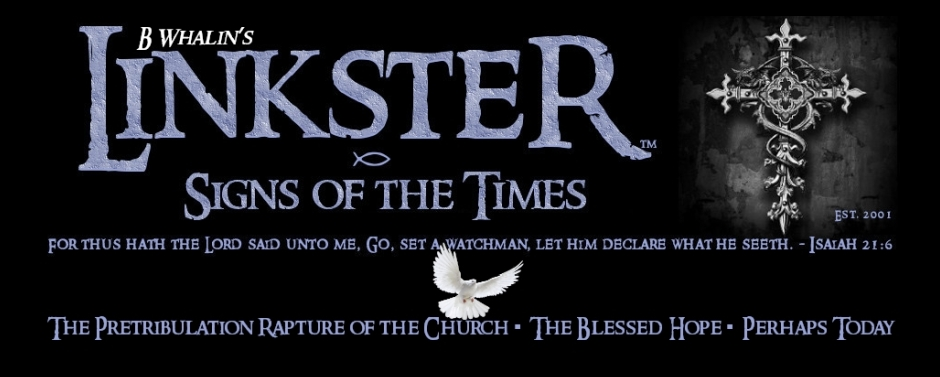
News From An Uncompromising Biblical Worldview

Photo Credit: Reuters
 Heather Clark, Christian News Network — As the conclave in Rome elected the first Jesuit pope to power yesterday, the move has turned the spotlight on the order of the Jesuits, and how the new pope may usher in the “new evangelization” of Christians and the world at large.
Heather Clark, Christian News Network — As the conclave in Rome elected the first Jesuit pope to power yesterday, the move has turned the spotlight on the order of the Jesuits, and how the new pope may usher in the “new evangelization” of Christians and the world at large.The History of the Jesuits
The Society of Jesus, which later became known simply as the Jesuits, was founded in 1534 by Ignatius Loyola, a Spaniard like Pope Francis. The mission of the organization was to spread Roman Catholicism throughout the world, and to protect the power of the pope and the practices of Roman Catholicism from the Protestant Reformation, so that the pope may remain God’s authority on the earth.
“That we may be altogether of the same mind and in conformity, …. if [the Church] shall have defined anything to be black which to our eyes appears to be white, we ought in like manner to pronounce it to be black,” Loyola wrote in Rules for Thinking with the Church.
The Protestant Reformation, which resulted in the counter-Reformation by the Jesuits, was sparked by a monk and scholar named Martin Luther, who served the Roman Catholic Church in Wittenburg, Germany. As Luther began studying the Scriptures after he was appointed to a Chair of Biblical Theology, he became consumed with a passion to discover what it meant to be a Christian. In the Catholic Church, he had seen men trying to earn their way to Heaven, but as he read the Bible, he realized that salvation was through faith in Christ alone.
“I think I’ve found the truth at last,” the classic film Martin Luther depicts Luther as stating to a Church official. “By faith man lives and is righteous, not by what he does for himself, be it adoration of relics, singing of masses, pilgrimages to Rome, purchase of pardon for his sins, but by faith in what God has done for him already through His Son.”
Following the revelation, Luther began to challenge the doctrines of the Roman Catholic Church, compiling a list of 95 thesis where he asserted that Catholic doctrine contradicted the Scriptures. He was later summoned to appear before a meeting of the Church, and was declared a heretic and excommunicated.
As Luther began to spread the Gospel throughout Germany, and others joined in to take the Scriptures to the uttermost parts of the earth, decrying Catholic doctrine, the order of the Jesuits was also formed to spread Roman Catholicism. It soon became an effort to stop Protestantism and to take the world by storm for the Catholic Church.
“As the object of the society was the propagation and strengthening of the Catholic faith everywhere, the Jesuits naturally endeavored to counteract the spread of Protestantism,” the Catholic Encyclopedia outlines. “They became the main instruments of the Counter-Reformation; the re-conquest of southern and western Germany and Austria for the Church, and the preservation of the Catholic faith in France and other countries were due chiefly to their exertions.”
Loyola later composed the Jesuit constitution, outlining the laws, mindsets and behaviors that Jesuits are to follow, namely putting the pope first in all things. The nations that Jesuits converted were required to likewise submit to the authority of the Roman Catholic Church. » Full Article
» Christian News Network
» Heather Clark Article Archive


